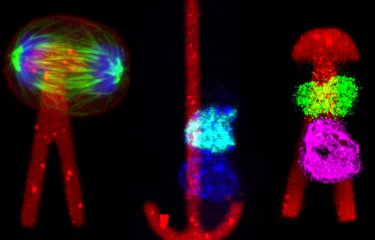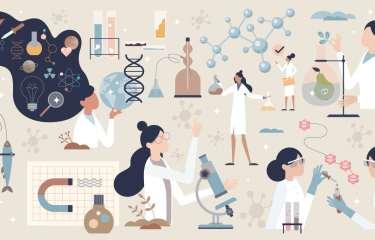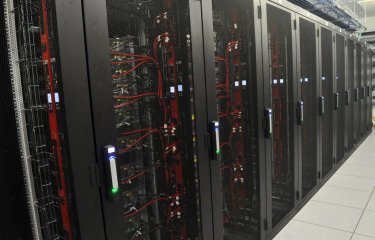The Department of Cell Biology and Infection adopts an integrative approach to elucidate the mechanisms underlying cell behavior, whether under physiological conditions, during microbial infections or in the context of disorders such as cancer and neurodegenerative diseases. The aim is to characterize, in as much detail as possible, physiological and pathological processes, considering every level and using quantitative approaches. The teams are seeking to develop a detailed understanding of cell function and interactions with the surrounding environment to predict how cells will respond to infection or other pathological processes. The projects conducted by its 14 research teams and three cutting-edge core facilities focus on three key areas:
- Quantitative and integrative cell biology in physiological and pathological conditions
- Cell and tissue biology
- Emerging and re-emerging infections
Our main recent publications
An immune memory against bacterial infection
Mélanie Hamon and her team uncover a new role for specific cells of the immune system during a bacterial infection. Studying infection by Streptococcus pneumoniae (also known as pneumococcus), they showed that Natural Killer (NK) cells directly detect bacteria and retain a memory of previous encounters to help protect against secondary infections through mechanisms depending on cytotoxic molecules. This study offers new insights on antibacterial responses to pathogens.
PLOS Pathogens, July 24, 2023.
A key protein to form functional cellular cilia
The unit led by Arnaud Echard has identified a key role for a protein called MiniBAR in the formation of primary cilia. These protrusions, present on the surface of most of our cells, are involved in the reception of chemical and mechanical signals, particularly during development. Depletion of MiniBAR in vivo in a zebrafish model leads to the formation of non-functional cilia and kidney cysts and disrupts the left-right asymmetry that normally emerges during development, all characteristic signs of ciliopathies in humans.
Developmental Cell, October 23, 2023.
The formation of intercellular nanotubes elucidated
Tunneling nanotubes (TNTs) are long membranous channels formed between cells to transport material, including amyloid proteins in neurodegenerative diseases, over distances of dozens of microns. Combining biophysical approaches and cutting-edge microscopy, Chiara Zurzolo's team has uncovered key molecular players driving the assembly of actin, an essential component of these structures. Their research sheds light on how actin forms elongated communicating protrusions and could lead to insights for treating diseases involving TNTs.
EMBO Journal, November 27, 2023.
Listeriosis outbreak linked to vegan cheese
Genome sequencing analysis of clinical isolates of Listeria monocytogenes showed for the first time that an outbreak of listeriosis in Europe was associated with the consumption of vegan plant-based cheeses. Overall, this study highlights the need to consider the microbiological risks associated with vegan cheese substitutes, as with dairy products and any other ready-to-eat products.
The New England Journal of Medicine, April 17, 2024.
Compounds to potentiate tuberculosis therapy
Mistretta et al. developed an imaging strategy to screen for pheno-tuning compounds that increase Mycobacterium tuberculosis stress response and decrease cell-to-cell variation, making it more susceptible to anti-TB drugs. Thus, phenotypic variation offers a path to tackle pathogens. The lead compound has now entered the ERA4TB’s progression pipeline.
Nature communications, May 16, 2024.





